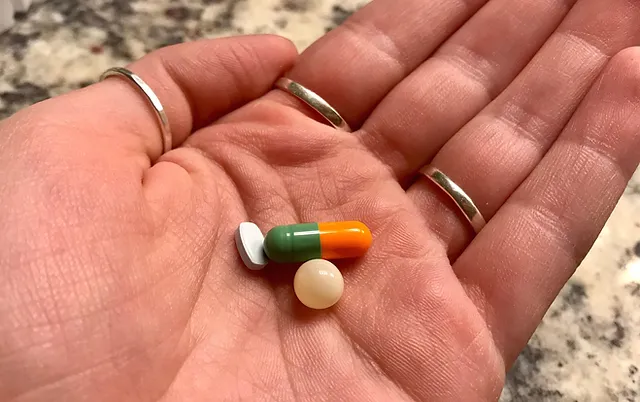Medications are an integral part of mental health treatment. They can alleviate symptoms associated with various conditions, such as depression and anxiety disorders.
Taking medication is a personal decision, and you must weigh the potential advantages against potential side effects when selecting the right drug for you.
Medications Work by Restoring the Chemical Balance in the Brain
Medicines are chemicals that have the power to cure, delay, or prevent disease; reduce symptoms; or help diagnose illness. They come in various forms like tablets, capsules, liquids, creams, and patches.
Most medications work by attaching to receptors on cells’ surfaces or enzymes within them. Both molecules possess a specific three-dimensional structure which permits only certain substances to bind securely.
Psychopharmaceuticals used to treat mental health conditions work by altering the levels of neurotransmitters like serotonin and norepinephrine in the brain. The most popular class of antidepressants are selective serotonin reuptake inhibitors (SSRIs). These drugs block serotonin absorption, making it more available to neighboring postsynaptic neurons. Other antidepressant classes include tricyclic antidepressants (TCAs), norepinephrine-dopamine reuptake inhibitors (NDRIs), and monoamine oxidase inhibitors (MAOIs). Combining medication with talk therapy techniques may be recommended for patients suffering from depression.
Medications Are Not Cures
Despite decades of research and millions of dollars invested in drug development, medications for mental health conditions have yet to provide lasting relief. In some cases, some medications may even make things worse.
Many people who suffer from mental health issues such as depression, anxiety and bipolar disorder find success when taking psychotherapy (talking therapy) along with medication. Combining the two treatments can be more successful than either one alone.
One way to treat mental illness is through a hospital or residential treatment program. These can be either short-term or long-term solutions, depending on your requirements.
Medications Take Time to Work
Mental health medications often take time to become effective. You may need to take them for weeks or months before you feel any improvement.
Your healthcare provider or psychiatrist will determine which medication is appropriate for you and how long to take it. They also take into account any existing medical conditions you may have.
Antidepressants, for instance, must be taken daily. Missing a dose may result in unwanted side effects like weight gain, loss of appetite and sleep issues.
Some individuals are prescribed psychiatric medications for years, sometimes forever. This can have detrimental effects, especially on adolescents who often use drugs as a way of dealing with their emotions.
Medications Are Not Always Effective
Although medications can help control your symptoms, they are not a cure. You may need to try several types of medication before finding one that works best for you.
When taking a medication, your healthcare provider will assess both your personal history and genetic testing to customize the prescription. Typically, they begin with a low dose and gradually increase it according to how well the drug works in you.
Psychopharmaceutic medications take time to work, so you may not notice a significant improvement in your symptoms for several weeks. Additionally, finding the right medication with fewest side effects may require several attempts.
Medications Are Not Always Safe
Taking medication can be intimidating, especially if you’re uncertain how it will impact you. To find the medication that works best for you, work closely with your healthcare provider.
It is essential to take medications as prescribed and as directed. Failing to do so could have serious side effects or even be dangerous.
Mental health medications work best when combined with a comprehensive treatment plan that includes psychotherapy, peer support programs and rehabilitative services. Although these may take several weeks or months to take effect, medications can help you feel better and reduce symptoms.








